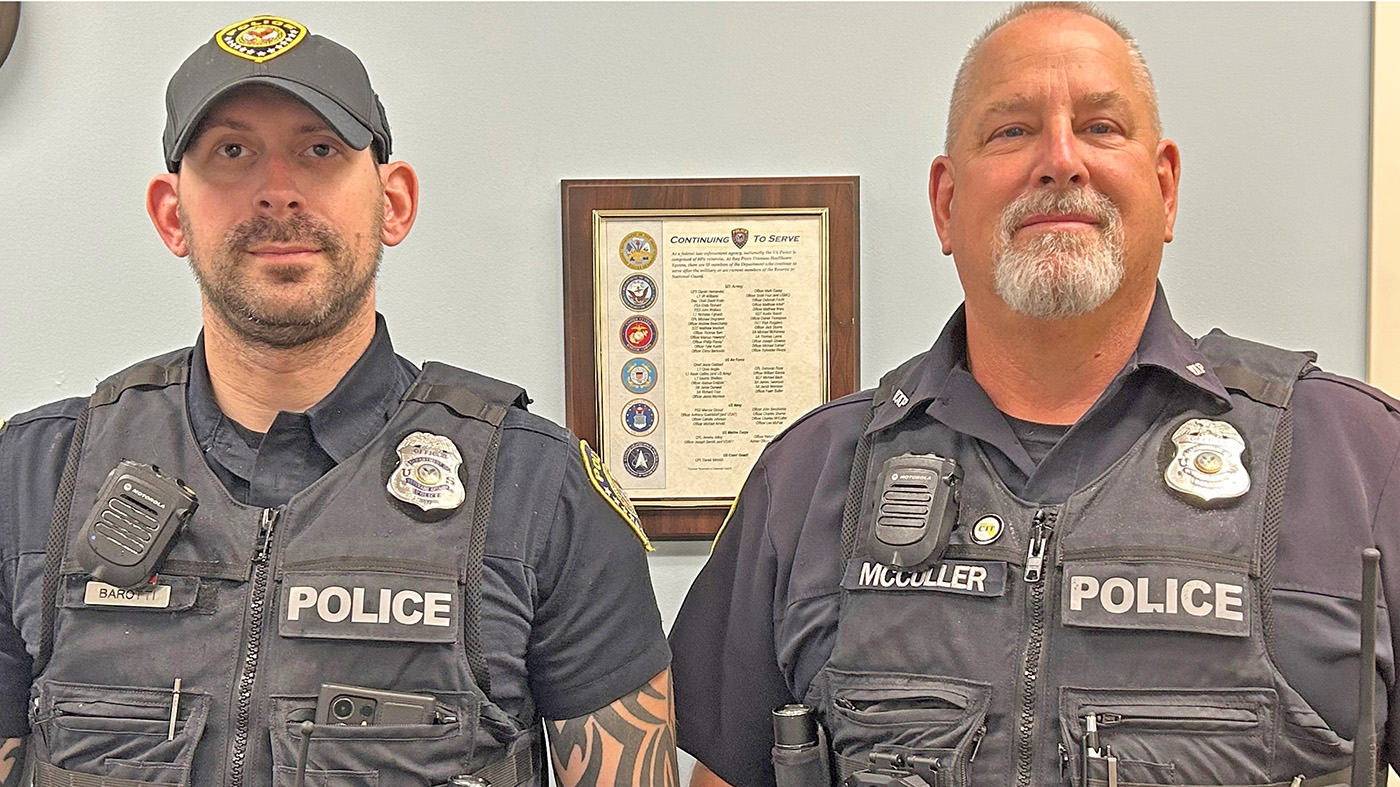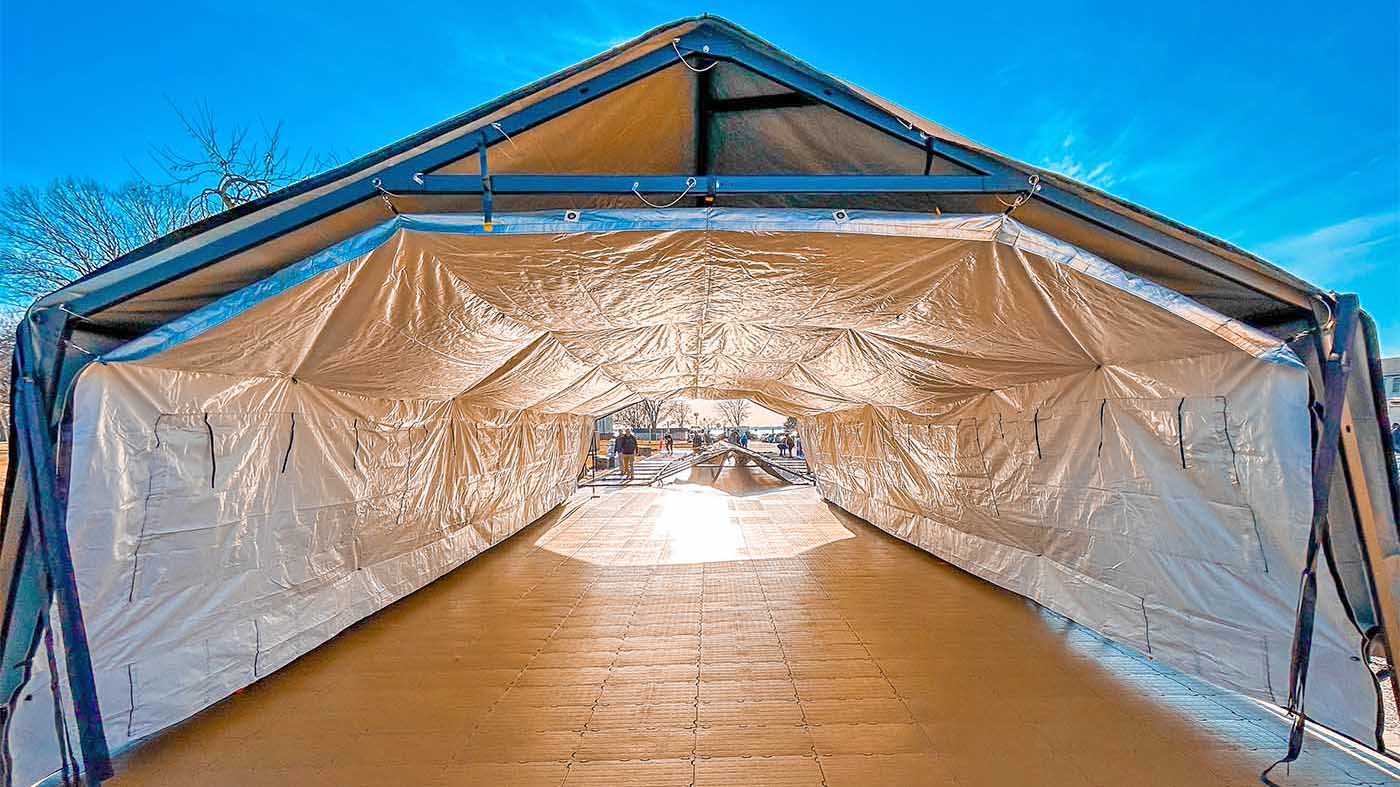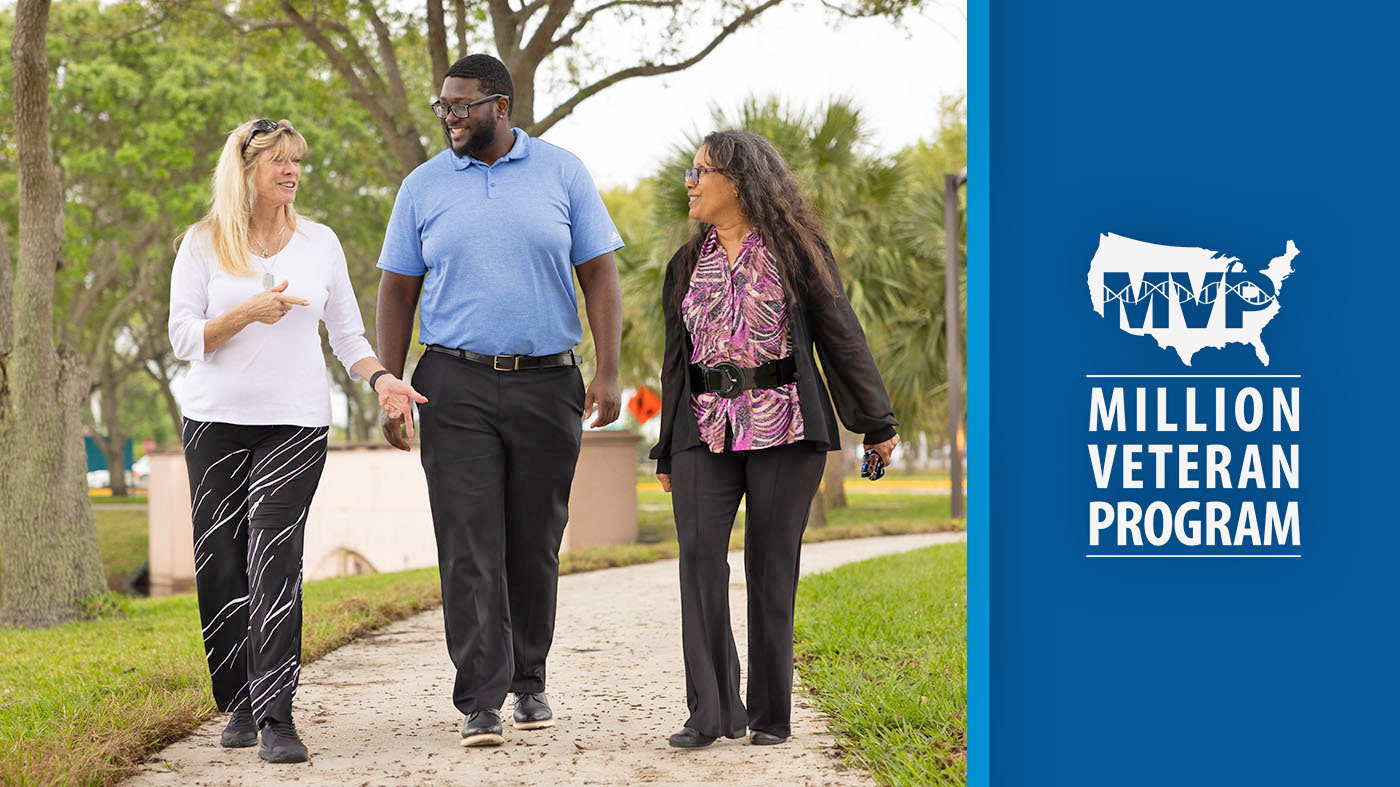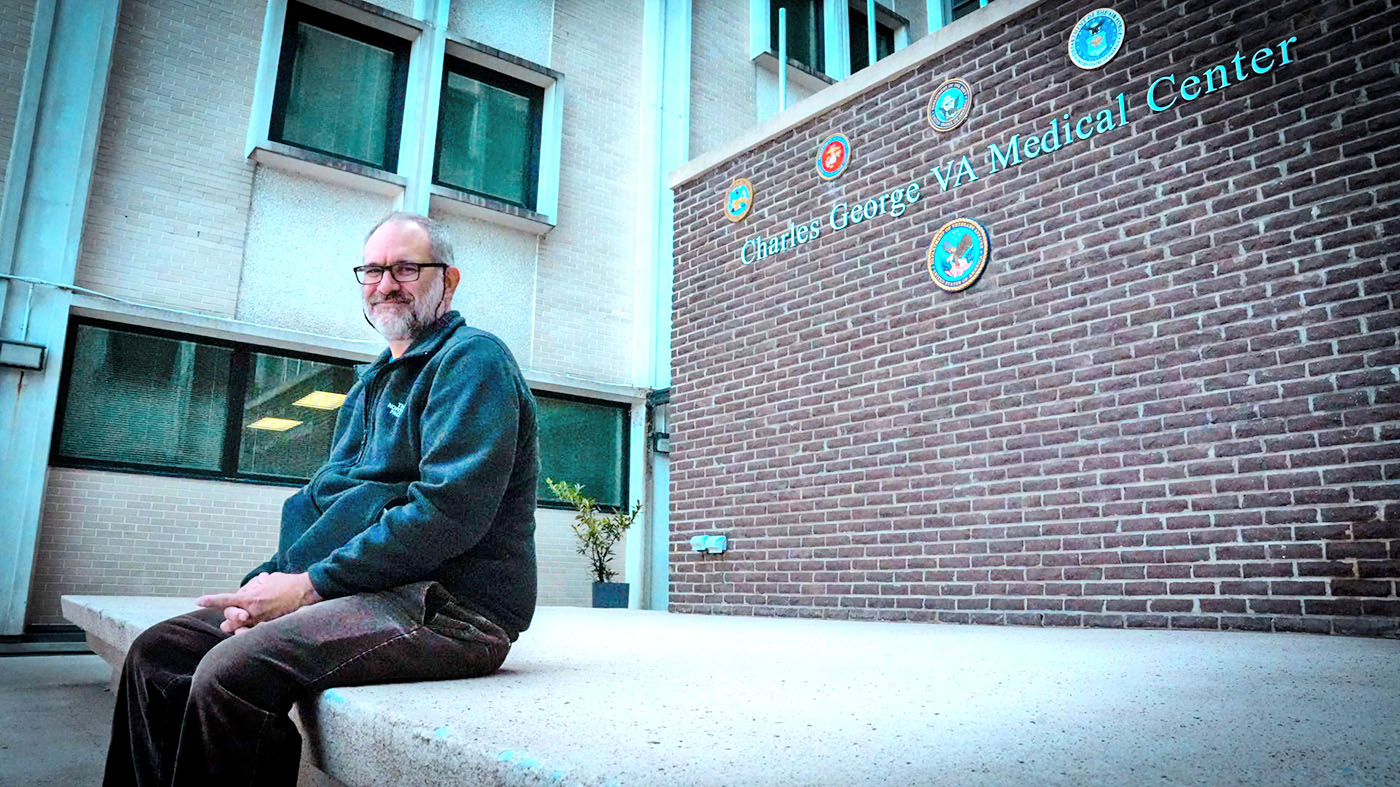Bay Pines VA’s Police Service has added another element to support their ongoing mission to protect those who served: It is the latest health care system in VA to be 100 percent trained on the use of body cameras, advancing effective, accountable policing and criminal justice practices to enhance public trust and public safety.
“All staff are now wearing and using the AXON Body 3 camera,” said Compliance Officer Lt. Kevin Collins. “Our goal is to improve trust and transparency among our police force and those we serve.”
Collins and instructor Lt. Dennis Shelters attended a two-day training from the manufacturer, which included an overview of operations and guidance on when and where recording is authorized. One of the main topics covered was areas where cameras would be in a “ready mode” and not actively recording.
“We’re not recording when we are walking through the hospital unless we are responding to or performing a law enforcement action,” continued Collins. “When Veterans are receiving care, they have a right to privacy and we will always honor that.”
Collins added that police service implemented additional guidance to ensure that when officers do respond to calls they continue fostering transparency with the community they serve.
“We’ve made the choice to inform individuals we are recording. There’s not a mandate to do so, but this is something we want to do because it’s important that situations do not occur where someone thinks we are doing something inappropriate,” he said.
Collins was able to test the body-worn camera and see the positive impacts it had when he worked at Danville VA in Illinois.
“Allows us to be more effective in resolving situations.”
“There was a huge difference when individuals saw we were wearing these. Emotions tampered down, which allowed us to be more effective in terms of time and overall process of resolving situations more efficiently,” he said.
Officers are not required to turn off their cameras when responding to calls even if they are asked to do so by individuals they are speaking with.
“When we are recording, it’s because there is a compelling law enforcement need; to ensure transparency and credibility, the cameras will be on until the situation is resolved.”
According to Collins, officers routinely use the footage when writing their reports, and they do not have the authority to delete footage, which provides the officers an opportunity for self evaluation.
“When I was in Illinois reviewing footage of my traffic stops, I noticed I was speaking very fast. I wasn’t doing anything wrong, but hearing myself allowed me to identify an opportunity for me to be a better professional. I hope the addition of these body cameras leads to opportunities for us to look for ways to improve,” Collins said.
Topics in this story
More Stories
VA’s Office of Emergency Management responds to an urgent situation involving a cracked steam pipeline at Perry Point VA.
Discover resources to get involved in your community, volunteer and give back to fellow Veterans.
A VA biomedical technician at Western North Carolina VA used innovation to fix a problem of Veteran accessibility.






